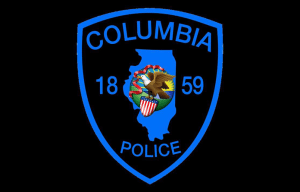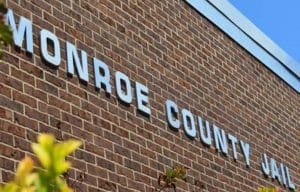Second round of PPP underway
As of earlier this month, business owners can once again begin applying for Paycheck Protection Program loans from the Small Business Administration.
As part of the $900 billion COVID relief bill passed last month, $284 billion went toward funding a second round of loans from that program.
In 2020, roughly 5.2 million businesses received approximately $525 million to be used for expenses like payroll, rent, utilities and loan payments.
This time, the loans can cover additional expenses like operations expenditures, property damage costs, supplier costs and worker protection. They can also cover eight to 24 weeks.
The loans are once again forgivable, provided an employer uses at least 60 percent for keeping employees on the payroll.
Businesses that received a loan from the program in 2020 may do so again if they only used the funding for authorized purposes, have no more than 300 employees and can show at least a 25 percent reduction in gross receipts between comparable quarters in 2019 and 2020.
For more information or to apply for PPP funds, click here or call 1-800-659-2955.
The latest batch of funding has been made available after the Republic-Times finished its review of previous local PPP data, finding nothing illegal – though readers may disagree with some aspects of how the SBA distributed the funds.
The most common questionable facet of the data centered on the jobs reported.
A total of 48 entities in Monroe County said the money would go toward protecting zero jobs, and two small businesses reported many more employees than they likely have.
Based on a review of the law and conversations with local experts, there is nothing untoward in either case.
Although the program is touted as a job saver, companies and nonprofits are not required to use PPP funding to pay payroll. That is necessary for a loan to be forgiven, but not for a loan to be received.
In the case of businesses reporting an unlikely number of jobs, local banking experts told the Republic-Times that would be due to an error in data reported by the SBA, as a bank would not OK such an application.
Another issue those who examine the data may find is that many loan recipients had personal addresses listed, not business addresses.
This is legal because these individuals either operate a small business out of their home in some cases or simply listed their address as business owner instead of a physical address.
A final concern the Republic-Times investigated was a few loan recipients were listed at the same address. That is permissible because the SBA uses each entity’s tax code to ensure no duplicate loans are awarded.
In the main case the paper examined, the company has several businesses all located at the same address, but these are separate entities with unique tax codes.
Overall, it appears no Monroe County business or nonprofit illegally used the PPP, even though some taxpayers could find some of the fund distribution questionable or objectionable.






